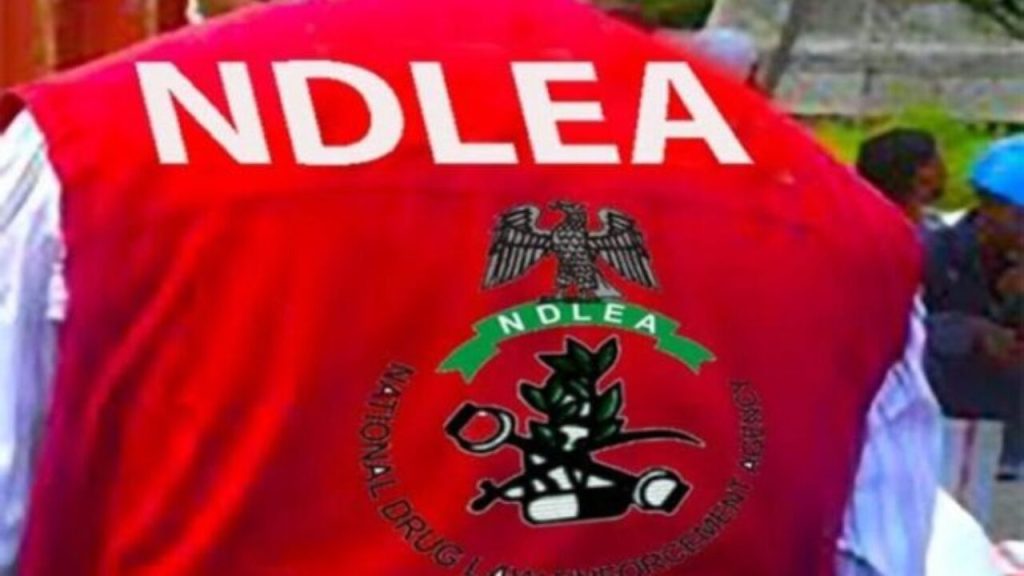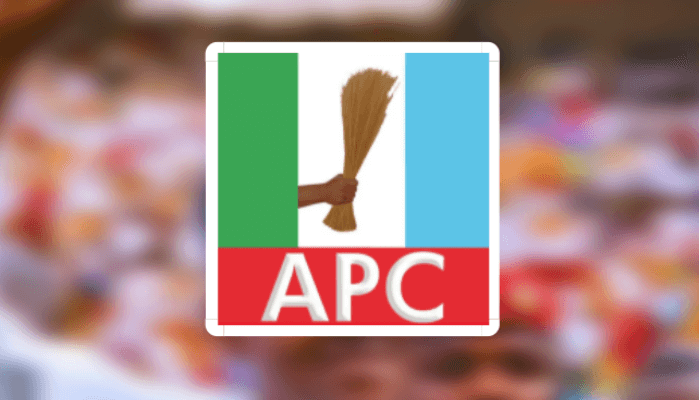Germany has pledged its commitment to investing in Nigeria’s rail infrastructure and expanding the scope of German investments within the country.
During the G20 Compact with Africa Economic Conference, German Chancellor, Olaf Scholz, conveyed this intention to President Bola Ahmed Tinubu. The German leader expressed Siemens’ interest in replicating the ultra high-speed rail network project in Nigeria, emphasizing Siemens’ readiness to implement similar initiatives in Nigeria. Chancellor Scholz urged the Nigerian government to take necessary follow-up actions to solidify this commitment.
Acknowledging the governance challenges inherited from previous administrations in the sector, Scholz stressed the need to overcome administrative and financial hurdles to facilitate progress. He underscored the importance of providing stations and infrastructure for electricity distribution in Nigeria, recognizing the groundwork laid by Siemens and urging the Nigerian government to take proactive steps.
In response, President Tinubu reaffirmed his unwavering determination to attract German investment in key sectors of the Nigerian economy. These sectors include energy, transportation, electric power production, transmission, and distribution – all crucial to driving sustainable growth.
Citing Siemens AG’s successful transformation of Egypt’s electric power supply, President Tinubu emphasized the urgency of executing the Siemens-supported Presidential Power Initiative under his leadership. He expressed his commitment to leveraging this initiative for skill development opportunities catering to Nigeria’s talented youth.
President Tinubu also expressed a keen interest in Siemens’ role in modernizing and expanding Nigeria’s rail network, specifically through the provision of ultra-modern trains and railways. He envisioned these enhancements doubling the speed of Nigeria’s existing standard-gauge systems, subsequently propelling the country’s transportation infrastructure forward.
Furthermore, President Tinubu highlighted the potential for the business community to focus on value-addition processing in Nigerian solid minerals, agricultural goods, and automobile production, ultimately fostering job creation and economic growth.
The German Chancellor echoed President Tinubu’s sentiments, affirming the potential for Nigeria’s economic advancement. He drew parallels with China’s growth, emphasizing the feasibility of leveraging overseas investment, skilled labour, and ample natural resources to drive progress incrementally.
The two leaders also discussed collaborating on deploying advanced biometric systems and border control technology to address irregular migration. Additionally, they acknowledged the potential of investments in labour-intensive industries as a means to alleviate the root causes of migration challenges.
President Tinubu further engaged with German Federal President, Frank-Walter Steinmeier, reinforcing Nigeria’s commitment to fostering mutually beneficial partnerships. This exchange of views preceded President Tinubu’s attendance at the Compact with Africa Summit of Heads of State and Government, marking a significant step towards bolstering Nigeria’s international collaborations.



![angela okorie re arrested over lawyer fee refusal Angela Okorie re-arrested over alleged refusal to pay lawyer who secured her bail [VIDEO]](https://mediatalkafrica.com/wp-content/uploads/2026/02/xAngela-Okorie-Re-arrested-Over-Lawyer-Fee-Refusal-1024x1024.jpg.pagespeed.ic.lPfjGcajP2.webp)